I believe. I believe in the future of agriculture. I believe in premier leadership, personal growth, and career success. I believe in the blue and gold. I believe in the emblem and the tradition. I believe in the FFA.
Recently the National FFA Organization came under the scrutiny of a senseless organization who simply don't understand anything that they're talking about. I would hope by now that people realize they shouldn’t believe much shared by PETA, the animal rights extremist group. Most of their articles are written as one side of the extreme, are taken out of context, and often misinterpret the real facts. I came across the particular article "FFA Is Lame AF" on Facebook. Being a proud FFA alum and American Degree recipient, I didn't see how anyone could possible think one of the largest student organizations in the country as anywhere near lame. So PETA, let me clear up the confusion for you. Here's why the FFA is actually pretty rad.
1. “Develop my potential for premier leadership, personal growth, and career success.”
The opportunities that FFA members receive are truly countless. Members have the option to compete in Career Development Events (or CDE). These are contests based on respective careers in the field of agriculture ranging from job interview, poultry evaluation, public speaking, meats judging and evaluation, dairy handling, parliamentary procedure, food science, and much more. The contests expose youth to what it takes to be successful in that particular field, or like in job interview, just career work in general. The opportunity to become a leader is around every turn, whether it be as a chapter officer, a member of the Courtesy Corps who aim to help those in need, or just as a committee member. And advisers are constantly pushing their members to step outside their comfort zones, try new things, and grow as individuals. Like many others, I know I wouldn't be the person that I am without the FFA.
2. “Make a positive difference in the lives of others.”
Service is a big part of the blue and gold, which is why the Courtesy Corps was started in the first place: To help those in need. Members are taught to always lend a helping hand. My home chapter in Lancaster used to host a school-wide food drive every year to donate to local homeless shelters. We even made dog toys out of recycled T-shirts and would happily deliver them to the city animal shelter right down the road. I'm sure this comes as a big shock to PETA since they think FFA members hate and abuse animals.
3. “Dress neatly and appropriately for the occasion.”
The most iconic part of the FFA, of course, is our blue jacket. They're most often worn with our official dress, which includes a white-collared shirt, tie, and black dress pants for the boys and the same shirt, scarves, and a knee length skirt or slacks for the girls. We wear our official dress, or OD as we call it, to most of our official functions. But we also know how to dress to impress outside of our OD because we're taught that image can be very important.
4. “Respect the rights of others and their property.”
While many people claim respect is something that's earned not given, we learn in the FFA that there comes a time when you have to suck it up and respect everyone, which is monumentally helpful in parts of adult life. Many chapters also have a shop portion and therefore have a shop contract. Students have to sign these, promising to be safe and respect the program's equipment.
5. “Be courteous, honest, and fair with others.”
In almost anything in life, you're going to have to work with others. FFA members hone their people skills in everything they do, from participating in a meeting to working with an officer team. Really, one of the last lines of closing ceremonies says it all, "As we mingle with others, let us be diligent in labor, just in our dealings, courteous to everyone, and above all, honest and fair in the game of life.
"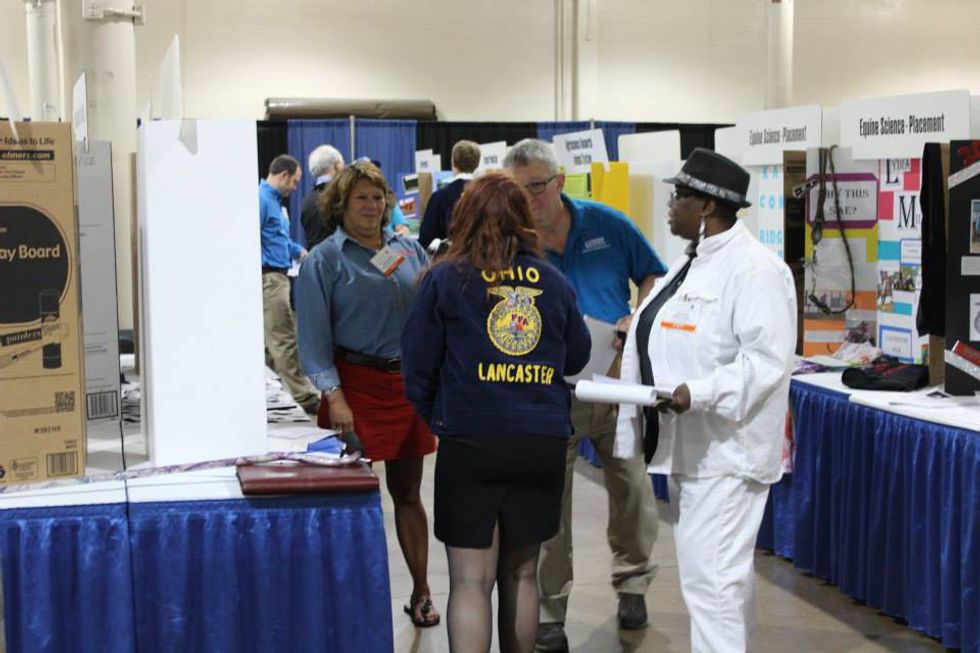
6. “Communicate in an appropriate, purposeful, and positive manner.”
Communication is something that many people struggle with well into their adult lives. FFA aims to make its members effective communicators through the uses of parliamentary procedure in meetings and CDE like job interview, agricultural communications, and public speaking. These real world skills will help members well past the time they hang up their blue jackets.
7. “Demonstrate good sportsmanship by being modest in winning and generous in defeat.”
I'll never forget the first time I competed in a CDE and didn't do as well as I wanted to or thought I would. But more importantly, I'll never forget my adviser telling me I needed to go thank the judges for their feedback and congratulate the student who I competed against. Later that year, I ended up placing in the top four at state finals for a different contest, and after congratulating me, she was there again to tell me to stay composed and congratulate my competitors. In an organization that holds countless contests, members are taught how to compose themselves in their successes and in defeat.
8. “Make myself aware of FFA programs and activities, and be an active participant.”
I'd like to think of FFA sort of like a buffet: The options are limitless, and you can take away from it whatever you want. Teachers encourage members to participate as much as possible because they want to, not because they have to. While some members may need more of a push than others, participation can really be whatever they want it to be.
9. “Conduct and value a supervised agricultural experience program.”
FFA members are required to complete a Supervised Agricultural Experience (or SAE for short). These are essentially projects completed on their own outside of class based on an area of agriculture each member is interested in. An SAE ranges from livestock production to landscape management, forestry to accounting, education to fruit production, and so much more. Members are expected to keep track of what they do in their SAE, and these records are used towards proficiency awards or State/American Degrees. Accurate record keeping is a good skill for anyone to have, not to mention that an SAE allows members to learn about the industry, make career connections, and even earn a profit.
10. “Strive to establish and enhance my skills through agricultural education in order to enter a successful career.”
From the record keeping to team work to public speaking and the parliamentary procedures, so many of the skills FFA members learn can help them in their future careers. Not to mention they have endless opportunities to discover what they love through CDE and SAE.
11. “Appreciate and promote diversity in our organization.”
FFA is one of the most diverse student organizations in the country with chapters in all 50 states, Puerto Rico, and the Virgin Islands. It's not for any one gender, sexuality, religion or race, but for all. There tends to be a stigma that it's only for farm kids, but that's far from true. The name was changed from Future Farmers of America to the National FFA Organization because so many members come from urban backgrounds. Everyone can find their place in the FFA.
So PETA, I just want you to know that being a member of the FFA was one of most amazing, impacting, and life-changing opportunities I've ever been blessed to have. With a membership of well over half a million and growing as well as countless alumni and supporters, this organization will continue to thrive for years to come despite what you or anyone else has to say. Because FFA is not lame, and because together we stand #FFAProud.




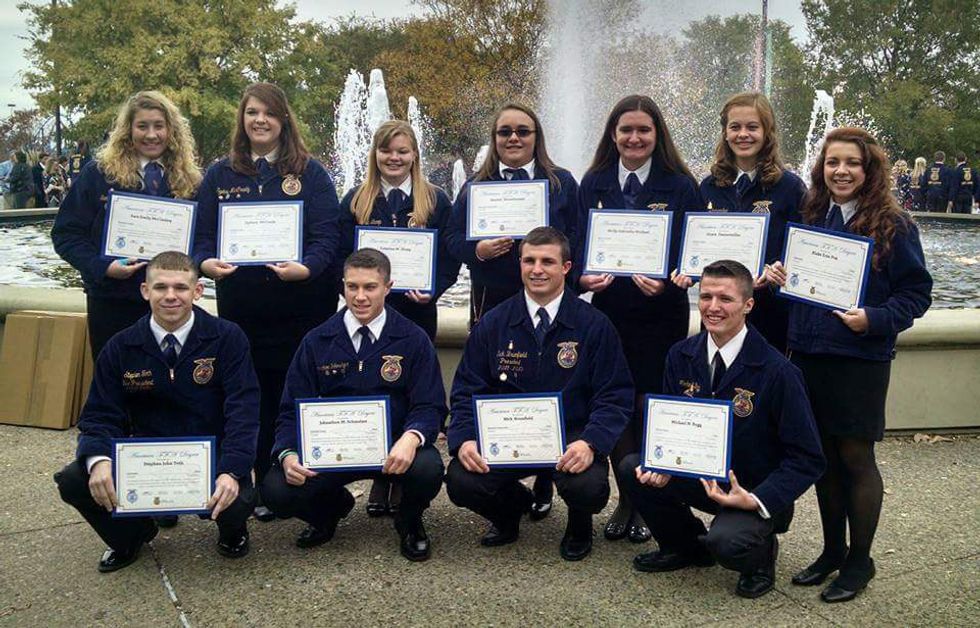
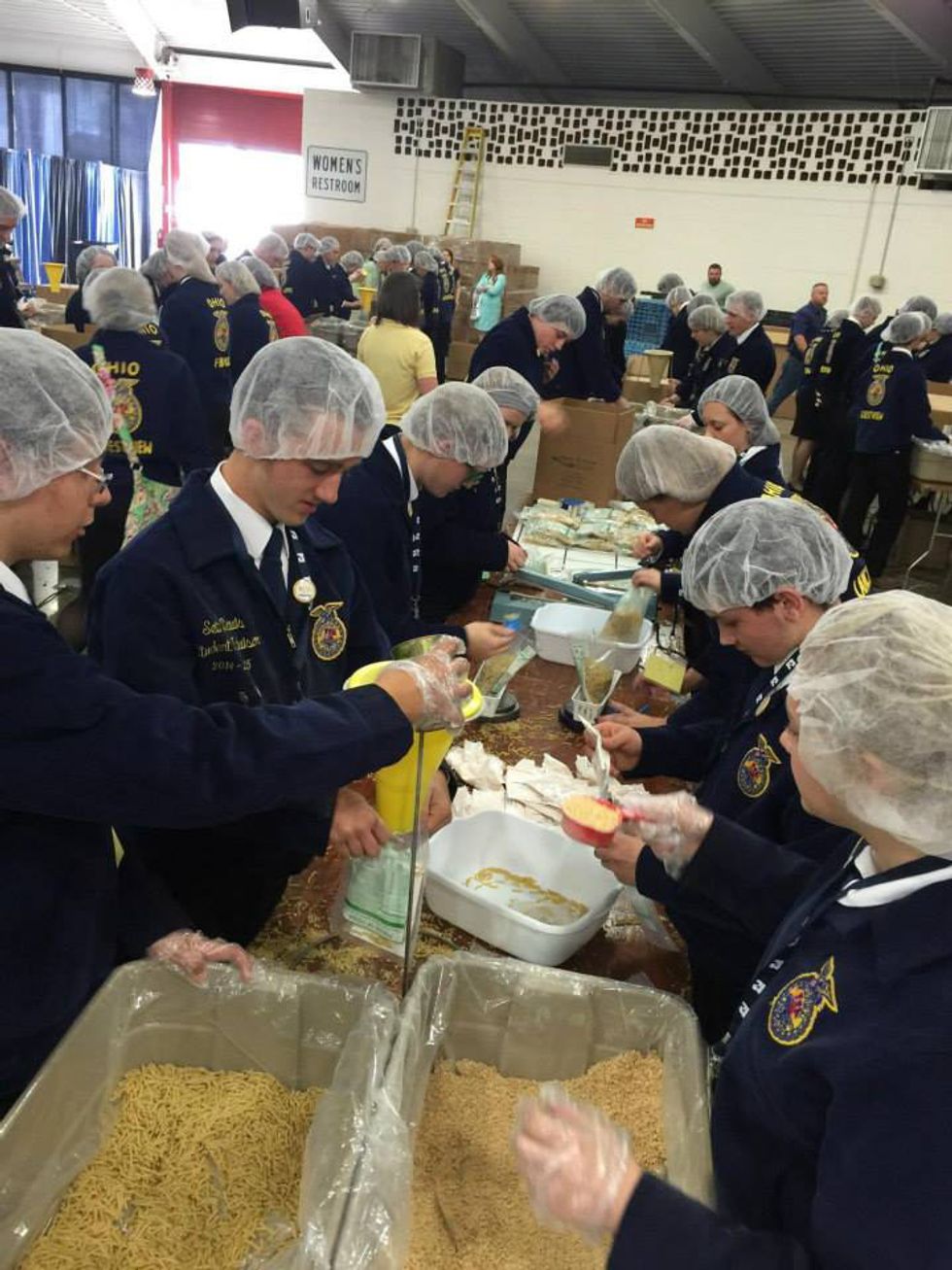

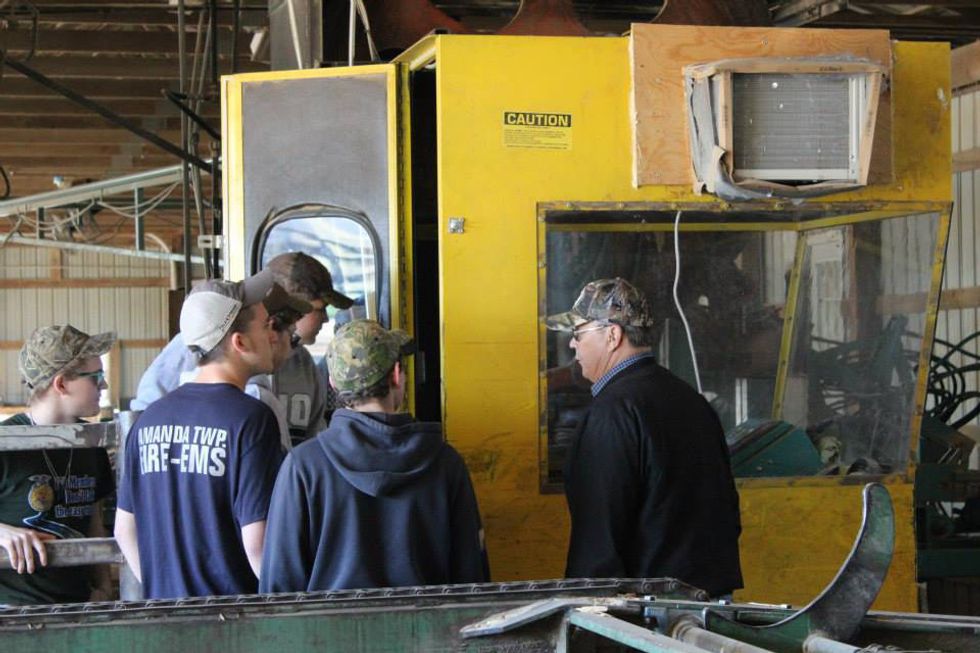
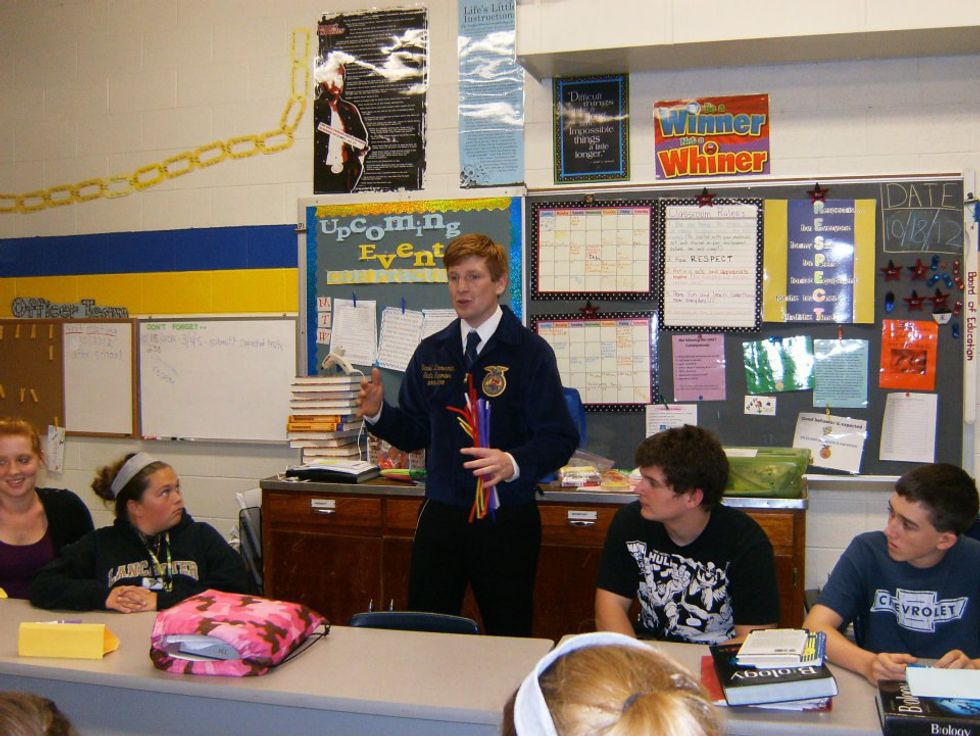
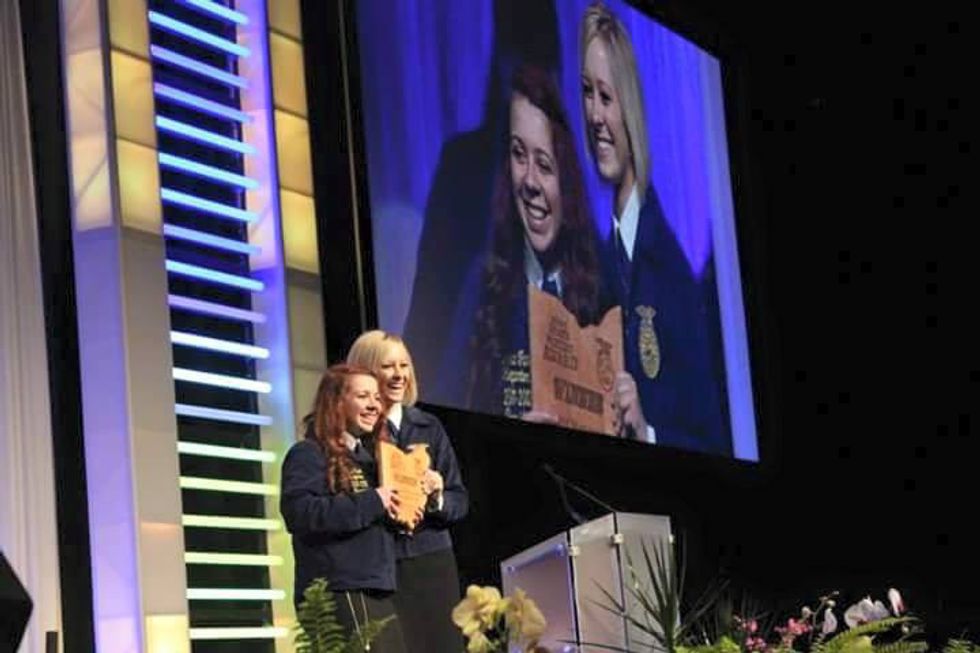
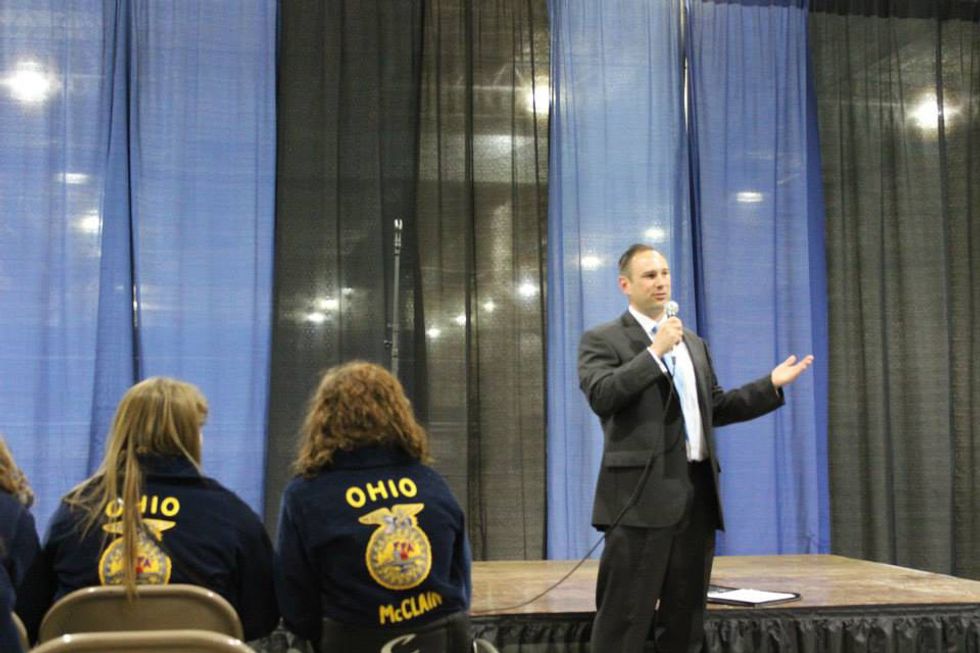
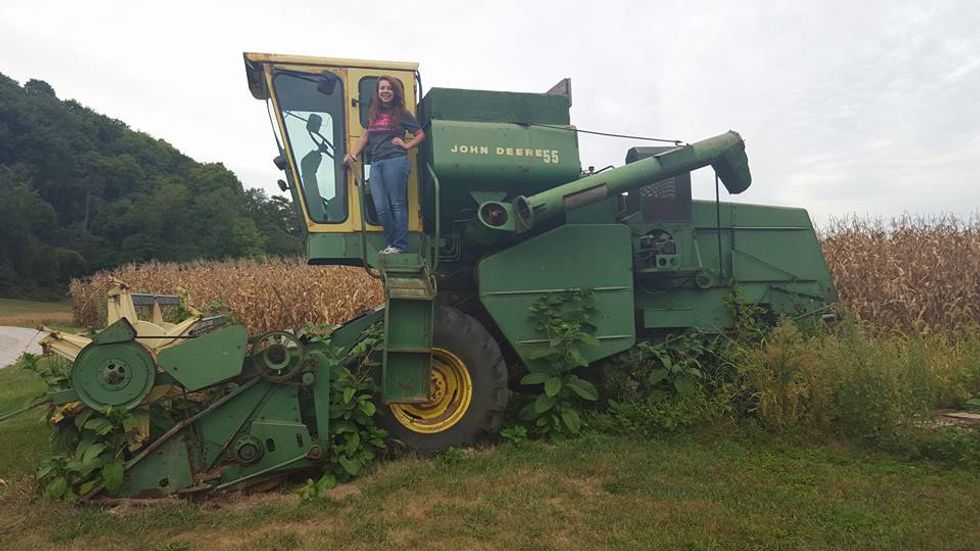
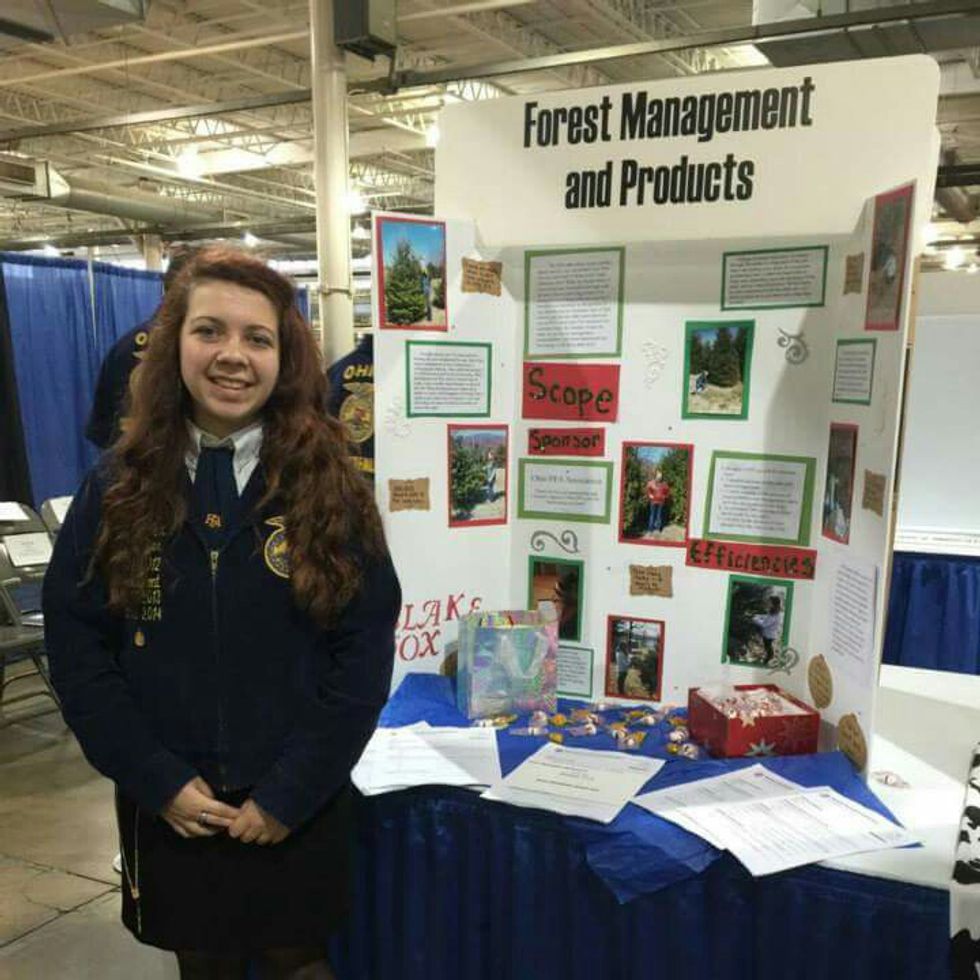
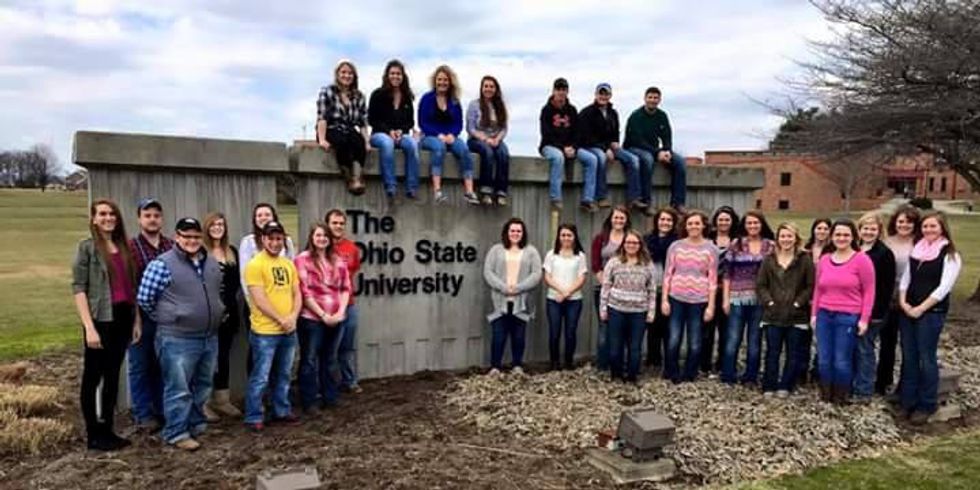




 The minimum wage is not a living wage.
StableDiffusion
The minimum wage is not a living wage.
StableDiffusion
 influential nations
StableDiffusion
influential nations
StableDiffusion












